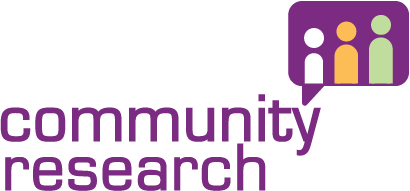Engaging and consulting during Covid-19
Members of the Community Research team are proud to be associates of the Consultation Institute, a not-for-profit best practice Institute, promoting high-quality public and stakeholder consultation in the public, private and voluntary sectors.
As an organisation, the Institute has been kept extremely busy over recent weeks considering the implications for those working in the field of engagement and consultation during this time of crisis. Clearly engagement and consultation needs to continue in many sectors and the Institute has been providing advice and guidance on how best to approach this given the current restrictions.
For those of you grappling with engagement and consultation challenges, we thought that we would highlight a few of the resources that the Institute have made available recently:
Their Covid-19 page on their website https://www.consultationinstitute.org/covid-19/) brings together recent articles on topics of interest, including how to use online engagement techniques and how to manage risk.
A wiki (http://www.tciwiki.com/wiki/) has also been set up by associates of tCI in response to questions and issues raised by clients and members on the challenges they are facing as a result of the impact that the lockdown and social distancing policies are having on transformation programmes and projects. This is a place for anyone working within public engagement and consultation in the United Kingdom to contribute issues, problems, ideas and solutions around involvement during the current COVID-19 situation.
The Institute has also recently published a new briefing paper – Exit from Lockdown: the case for consultation. In it, they argue that that the exit process is not a short-term issue. It will last about two years, and will not only affect individuals and businesses, but it will also affect public services of all kind. Hundreds of public bodies will need to carry stakeholders and the public with them on difficult trade-offs. The Institute rightly argues that making such decisions without having discussed the potential impacts through some form of consultative process will be a high-risk approach. They also note that it would be morally wrong not to consult because the pandemic has increased the socio-economic and other divisions in society, meaning that even more challenging decisions will need to be made. They are intending to follow-up this briefing paper with more detailed suggestions for both central government and local authorities…so it’s worth watching this space for future developments.

